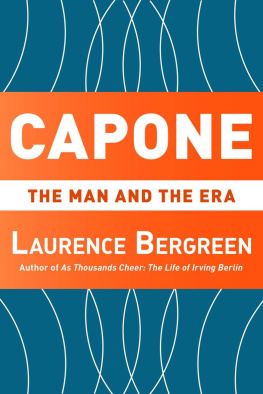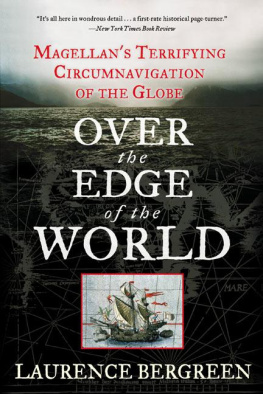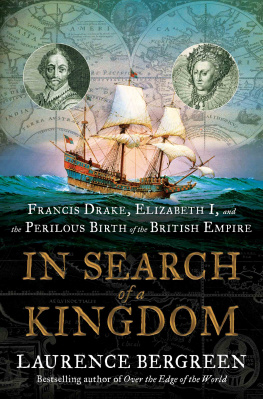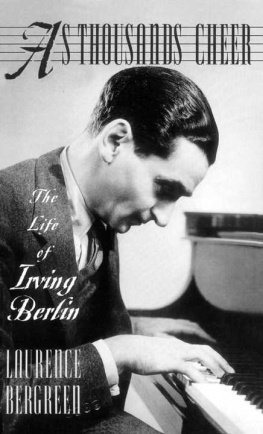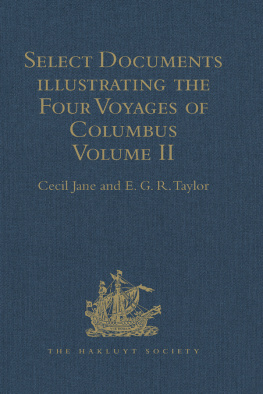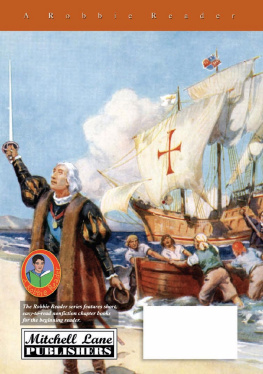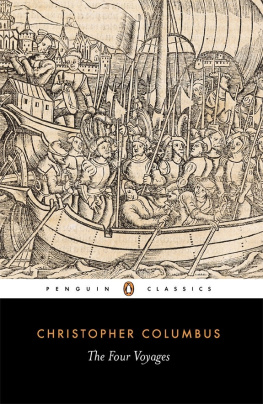Laurence Bergreen - Columbus: The Four Voyages
Here you can read online Laurence Bergreen - Columbus: The Four Voyages full text of the book (entire story) in english for free. Download pdf and epub, get meaning, cover and reviews about this ebook. year: 2011, publisher: Viking, genre: Adventure. Description of the work, (preface) as well as reviews are available. Best literature library LitArk.com created for fans of good reading and offers a wide selection of genres:
Romance novel
Science fiction
Adventure
Detective
Science
History
Home and family
Prose
Art
Politics
Computer
Non-fiction
Religion
Business
Children
Humor
Choose a favorite category and find really read worthwhile books. Enjoy immersion in the world of imagination, feel the emotions of the characters or learn something new for yourself, make an fascinating discovery.

- Book:Columbus: The Four Voyages
- Author:
- Publisher:Viking
- Genre:
- Year:2011
- Rating:4 / 5
- Favourites:Add to favourites
- Your mark:
- 80
- 1
- 2
- 3
- 4
- 5
Columbus: The Four Voyages: summary, description and annotation
We offer to read an annotation, description, summary or preface (depends on what the author of the book "Columbus: The Four Voyages" wrote himself). If you haven't found the necessary information about the book — write in the comments, we will try to find it.
Columbus: The Four Voyages — read online for free the complete book (whole text) full work
Below is the text of the book, divided by pages. System saving the place of the last page read, allows you to conveniently read the book "Columbus: The Four Voyages" online for free, without having to search again every time where you left off. Put a bookmark, and you can go to the page where you finished reading at any time.
Font size:
Interval:
Bookmark:
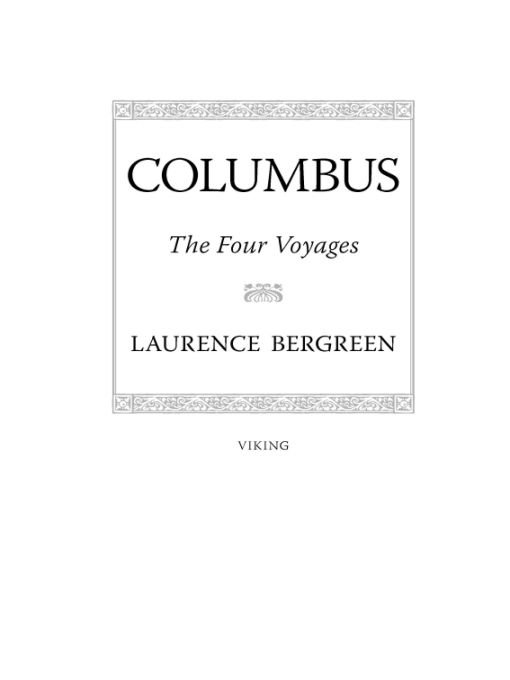
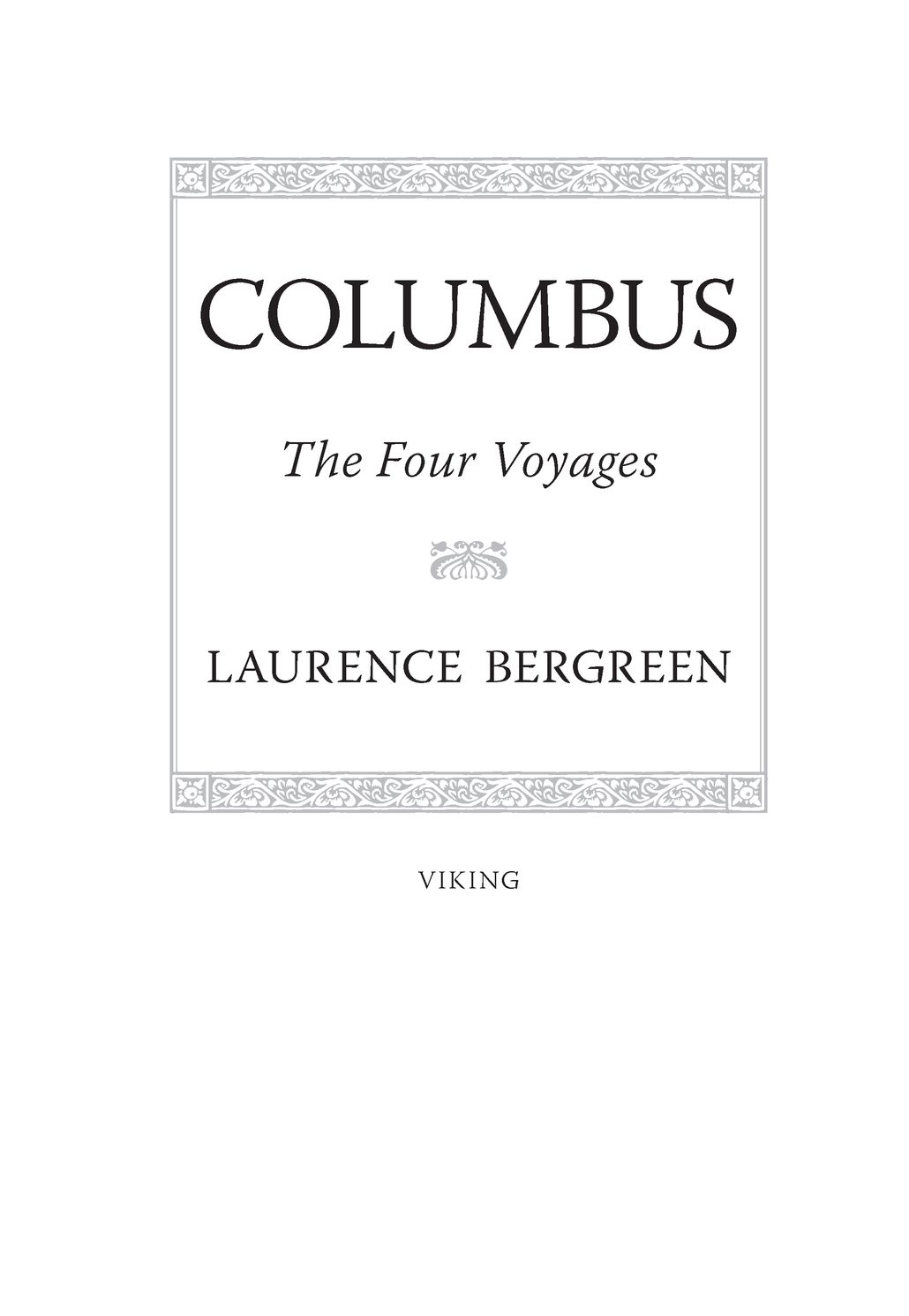
Over the Edge of the World: Magellans Terrifying
Circumnavigation of the Globe
Voyage to Mars: NASAs Search for Life Beyond Earth
Louis Armstrong: An Extravagant Life
Capone: The Man and the Era
As Thousands Cheer: The Life of Irving Berlin
James Agee: A Life
Look Now, Pay Later: The Rise of Network Broadcasting
and
IN MEMORY OF MY FATHER AND BROTHER
Thrown on this savage shore, far, far from home,
Pent by the sea, and dark rebellious brows, twelve dreary months,
Sore, stiff with many toils, sickend, and nigh to death,
I take my way along the islands edge,
Venting a heavy heart....
Take Thou command(what to my petty skill Thy navigation?)
My hands, my limbs grow nerveless;
My brain feels rackd, bewilderd; Let the old timbers partI will not
part!
I will cling fast to Thee, O God, though the waves buffet me;
Thee, Thee, at least, I know.
What do I know of life? what of myself?
I know not even my own work, past or present;
Dim, ever-shifting guesses of it spread before me,
Of newer, better worlds, their mighty parturition,
Mocking, perplexing me.
As if some miracle, some hand divine unseald my eyes,
Shadowy, vast shapes, smile through the air and sky,
And on the distant waves sail countless ships,
And anthems in new tongues I hear saluting me.
Bartholomew Columbus, his brother, the Adelantado (Advancer)
Diego Columbus, his brother
Felipa Moiz, his wife
Ferdinand Columbus, his son with Beatriz de Arana
Isabella I of Castile
Juan Rodrguez de Fonseca, bishop and chaplain to Isabella
Manuel I of Portugal
Martn Alonso Pinzn, brother of Vicente
Francisco Martn Pinzn, brother of Vicente
Diego Alvarez Chanca, physician, friend of Columbus
Juan de la Cosa, cartographer
Father Ramon Pan, priest, emissary to the Tanos
Antonio de Torres, associate of Columbus
Guarionex, cacique
Caonab, Carib cacique
Anacaona, Caonabs wife, executed by the Spanish
The Quibin, cacique
Amerigo Vespucci, Florentine bureaucrat and explorer
Francisco Roldn, mutineer on the third voyage
Francisco de Bobadilla, judicial investigator
Nicols de Ovando, governor of Hispaniola
Francisco Porras, mutineer on the fourth voyage
Diego Mndez, leader of rescue mission on the fourth voyage

Font size:
Interval:
Bookmark:
Similar books «Columbus: The Four Voyages»
Look at similar books to Columbus: The Four Voyages. We have selected literature similar in name and meaning in the hope of providing readers with more options to find new, interesting, not yet read works.
Discussion, reviews of the book Columbus: The Four Voyages and just readers' own opinions. Leave your comments, write what you think about the work, its meaning or the main characters. Specify what exactly you liked and what you didn't like, and why you think so.

